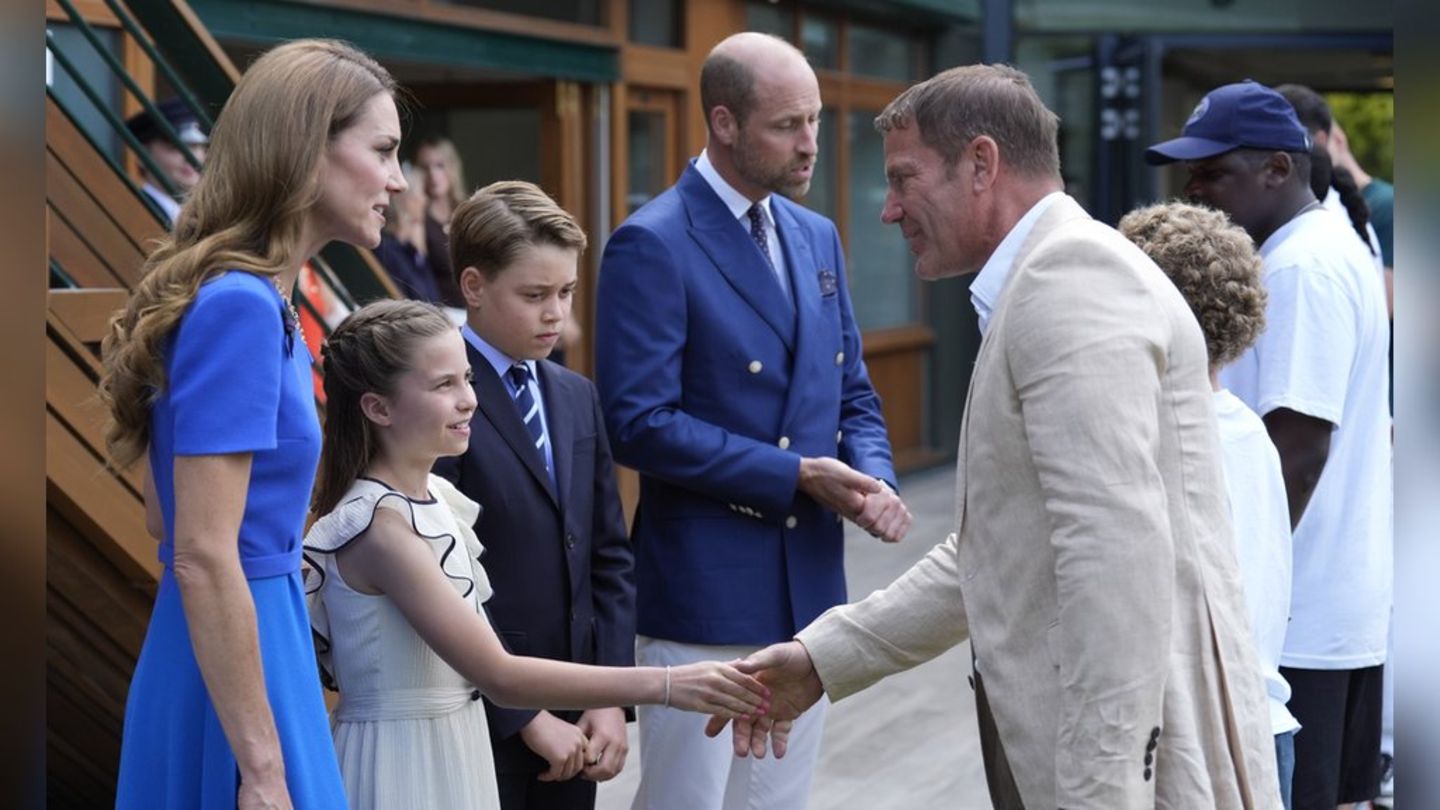Berlin has been governed by a coalition of SPD, Greens and Left for about six years. Now a change is imminent that is causing a stir. The previous coalition partners are disappointed.
Almost three weeks after the repeat elections in Berlin, the end of the previous red-green-red coalition government is becoming apparent. The election winner, the CDU, announced today that it would start coalition negotiations with the SPD. It is true that “new trust” was also created in the exploratory talks with the Greens. “Nevertheless, there are more overlaps with the content of the Social Democrats,” said Kai Wegner, CDU parliamentary group leader and state leader.
The state board of the Social Democrats had already decided on Wednesday to hold coalition talks with the CDU – although the previous tripartite alliance of SPD, Greens and Left would have had a majority in the new parliament. The previous coalition partners were disappointed by the actions of the Social Democrats.
According to Wegner, the coalition negotiations should begin next week. If these are successfully completed, the 50-year-old should become the new governing mayor and replace Franziska Giffey, who has only been in office since December 2021. The SPD state chairwoman has declared her willingness to become a senator in the new state government. The CDU last appointed a head of government in Berlin with Eberhard Diepgen, who served from 1984 to 1989 and from 1991 to 2001.
“We have set ourselves a very tight time frame. We said we want to be finished in four weeks,” said Wegner on the “Welt” television channel. “The coalition agreement should be in place by the end of March.” Then follow the member survey of the SPD on the agreements. From Wegner’s point of view, it is realistic that the Senate could start in late April or early May.
Since February 17, the parties have been exploring whether there is a common basis for coalition negotiations and for forming a government. The CDU spoke three times each with the SPD and the Greens. SPD, Greens and Left also met three times.
Management, cleanliness, security
“We have a very clear premise,” said Wegner. “We want Berlin to remain Berlin.” But it must work again everywhere. A functioning administration, a safe and clean city and a well-equipped police force that gets the support it needs are important. Wegner also announced solutions to deal with the “rent crisis”. Tenant protection must be put on a new footing. “We want to advance the construction of new housing and increase the supply,” he said. The aim of mobility policy is to give equal consideration to the interests of cyclists, pedestrians, public transport users and drivers. Another focus will be climate protection.
On Monday it is planned to set up the working groups for the negotiations. In the days that followed, the umbrella group would meet with the top representatives of the parties for the first time and discuss the further procedure.
The CDU won the repeat election on February 12 with 28.2 percent. SPD and Greens both got 18.4 percent. With 53 votes, the Social Democrats only have a wafer-thin lead over the Greens. They did worse than ever in a House of Representatives election. The left came to 12.2 percent, the AfD to 9.1. The FDP flew with 4.6 percent from the parliament, which now has five instead of six parliamentary groups.
SPD state chairwoman Giffey justified her party’s shift from red-green-red to the CDU with “respect for the election results”. There could not have been a new beginning with the previous partners, the Greens and the Left.
Greens parliamentary group leader: Very clear breach of trust
“It wasn’t indicative of us,” said Left Party chairwoman Katina Schubert of the daily newspaper “taz” (Online). “Both the style in which it became known and the reasoning behind it is in no way comprehensible to me.” The Greens parliamentary group leader in the House of Representatives, Silke Gebel, told the television station Phoenix: “If you work well together for six years, it is very strange, surprising and a very clear breach of trust when you then find out from a coalition partner from the newspaper that he chose someone else.” Of course, the SPD has every right to take a different political path, “but decency dictates that one then seeks a personal conversation.”
The Berlin Constitutional Court declared the September 26, 2021 election invalid due to “serious systemic deficiencies” and numerous electoral errors. The court ordered a full retake. Nothing changes in the length of the five-year legislative period. So it ends in 2026.
Source: Stern
I have been working in the news industry for over 6 years, first as a reporter and now as an editor. I have covered politics extensively, and my work has appeared in major newspapers and online news outlets around the world. In addition to my writing, I also contribute regularly to 24 Hours World.




